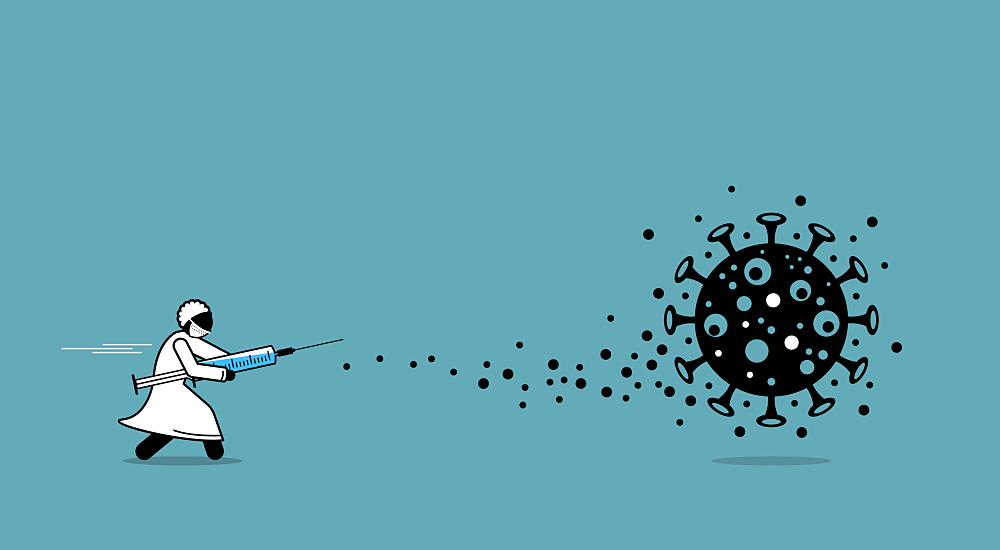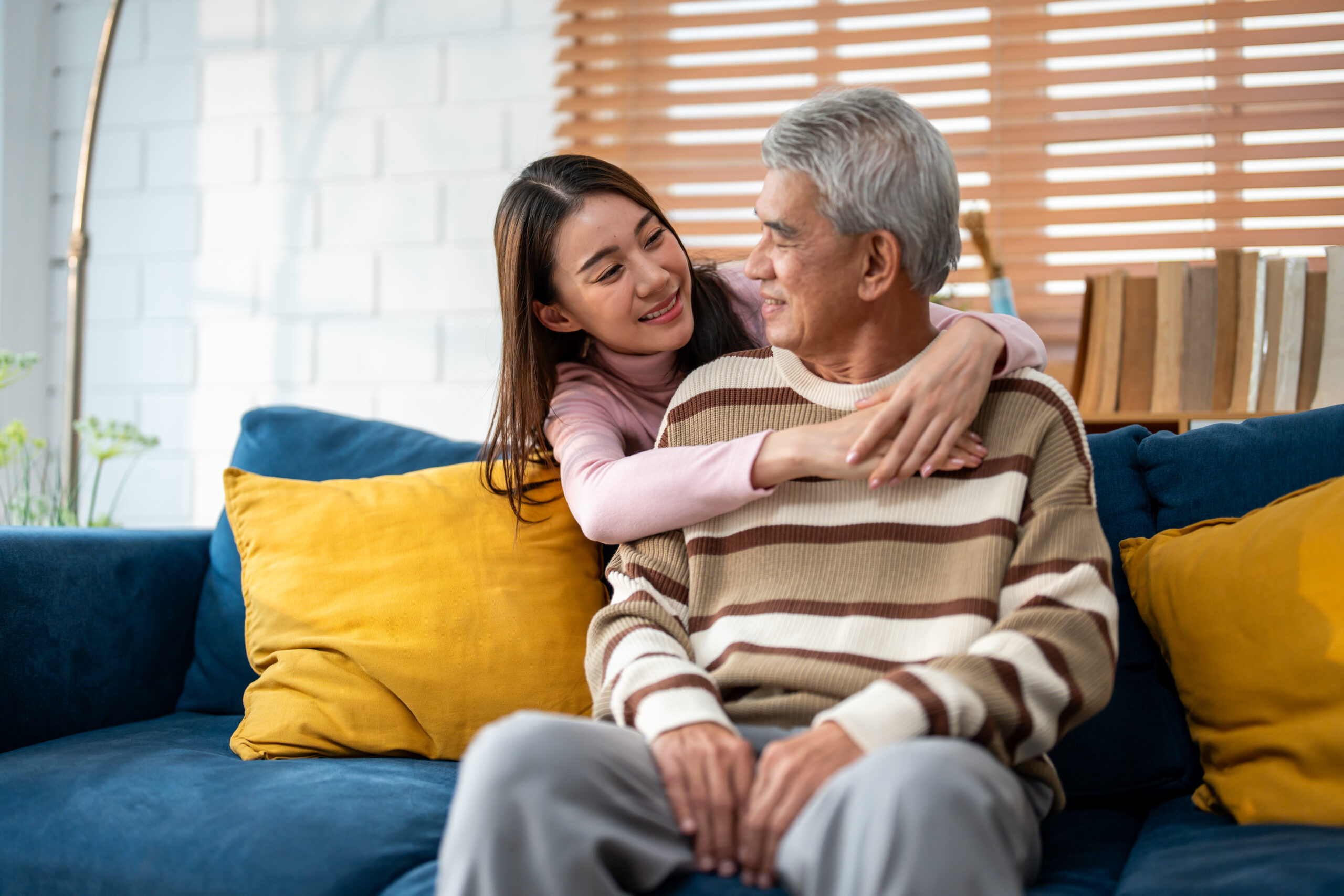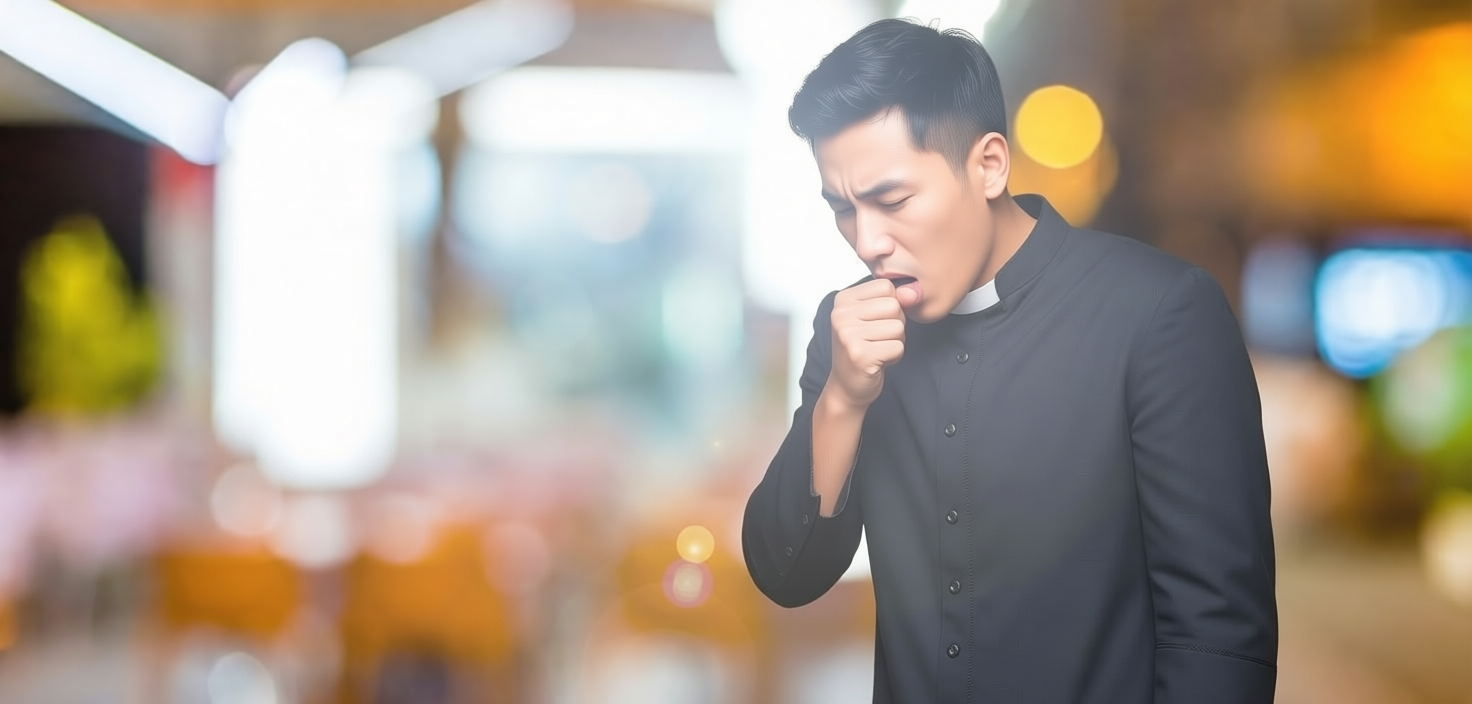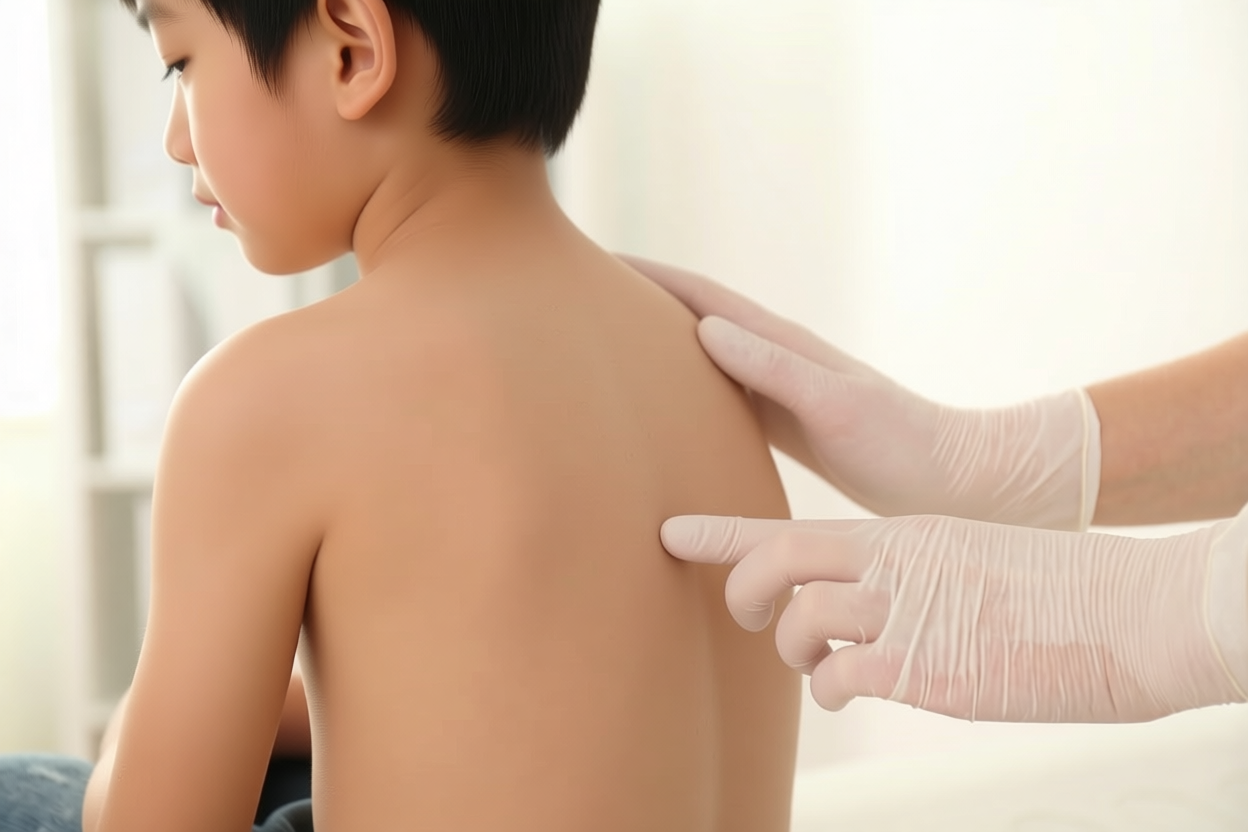On top of a robust testing and contract tracing system, making sure the Singapore population is vaccinated against COVID-19 is a key way to fight against the pandemic. Singapore has been progressively rolling out the COVID-19 vaccination programme over the last few months.
By the end of 2021, all eligible people in Singapore will be able to receive the vaccine. Having high vaccination coverage would mean achieving herd immunity against COVID-19, as well as looser restrictions, such as for travel.
We know that some of us still have many questions around the COVID-19 vaccine. We address the 10 of the most commonly asked questions and misconceptions about the COVID-19 vaccines.
Your Questions on the COVID-19 Vaccinations: Answered
Are COVID-19 vaccines safe?
Multiple safety checks are in place before the vaccines are rolled-out in Singapore. Only vaccines that comply with the World Health Organisation’s guidelines and meet strict standards of safety, quality and efficacy will be used.
How do the COVID-19 vaccines work?
The vaccine trains our immune system to recognise the virus and produce antibodies to fight them. There are messenger RNA (mRNA) vaccines (such as Pfizer-BioNTech and Moderna) and inactivated vaccines (such as Sinopharm and Sinovac).
- mRNA vaccines contain information from the virus that gives our cells instructions to make a harmless protein that is unique to the virus, so that our body can recognise and build antibodies to fight the virus. After our cells make copies of the protein, they destroy the genetic material from the vaccine.
- Inactivated vaccine technology, like the Sinopharm vaccine, uses weakened or inactive viral particles to stimulate our body to produce an immune response to the virus
Would the mRNA vaccines permanently alter my DNA and be passed down to my descendants?
The mRNA vaccine does not alter your DNA, as the virus does not enter the nucleus of the cells where our DNA lies. mRNA degrades quickly and is unable to integrate into the human genome.
Are there any side-effects to the vaccines?
Most side effects are mild or moderate, and usually get better within a few days. Some people may experience side-effects such as fever, redness and swelling at the injection site. These are common and expected as part of our body’s natural response to immunisation.
Is it compulsory to vaccinate? Is it free?
Vaccination is on a voluntary basis and is free for all Singapore citizens, permanent residents and long-term pass holders.
Are the COVID-19 vaccines halal?
The Islamic Religious Council of Singapore (MUIS)’s position is that COVID-19 vaccines are permissible for Muslim use. Please refer to MUIS’ religious position on the COVID-19 vaccine here.
Should I take the vaccine if I have allergies?
In general, a severe allergic reaction to the vaccine is a rare. People who received vaccination are monitored for 30 minutes after the injection to ensure that any adverse reactions are detected and treated. Those with a history of severe allergic reactions should not receive the vaccine or should speak to a medical professional who knows your condition for advice.
Why is it important for me to be vaccinated?
A vaccine is a preventive measure. Nationwide vaccination can help us to achieve a good community immunity against COVID-19, reduce the chances of the virus spreading, and allow the country to return to normalcy sooner.
Additionally, vaccinated individuals will experience less severe symptoms of COVID-19, if you are infected with the virus. This means that you’ll be able to recover faster if you fall ill, while also reducing any burden on the healthcare system so that resources can be channeled to those who need it most.
Where can I find more information about Singapore’s COVID-19 vaccination programme?
You can visit the Ministry of Health page here for the latest updates and important information on the COVID-19 vaccination.
For those worried about their health, or are experiencing symptoms of COVID-19, Doctor Anywhere offers COVID-19 tests at our clinics, island-wide.







